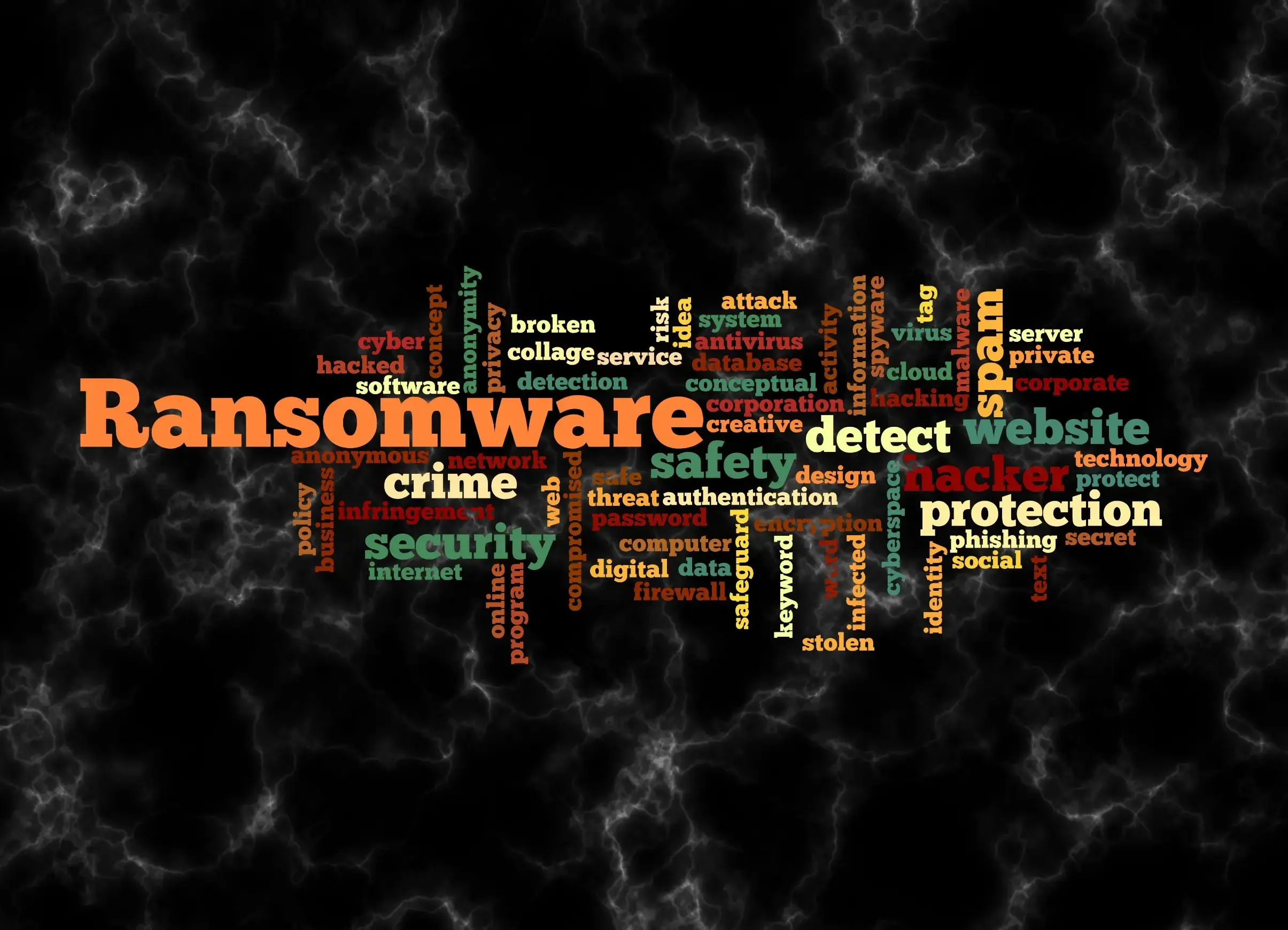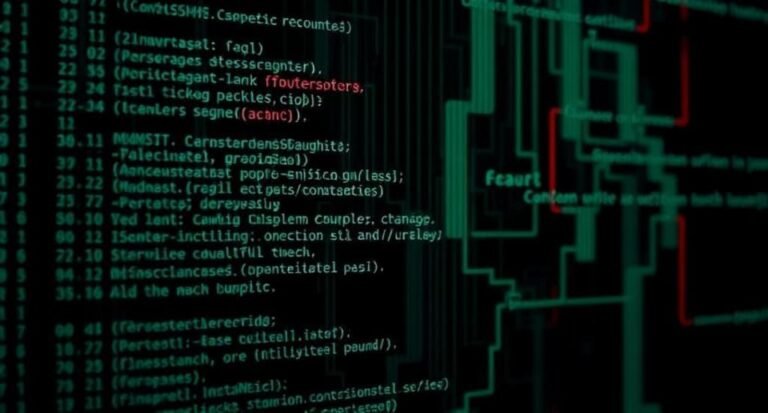In a coordinated effort to disrupt cybercriminal operations, the United States, United Kingdom, and Australia have taken decisive actions against Russia-based Zservers, a hosting provider allegedly linked to the notorious LockBit ransomware group. These measures are part of a broader international crackdown on cyber threats that have targeted critical infrastructure, businesses, and government agencies worldwide.
LockBit Ransomware: A Persistent Cyber Threat
LockBit ransomware has been one of the most prolific cyber threats in recent years, responsible for numerous high-profile attacks across multiple sectors. The group employs a ransomware-as-a-service (RaaS) model, allowing affiliates to use its malware to conduct attacks in exchange for a share of the ransom payments. Its sophisticated encryption techniques, stealthy operations, and double extortion tactics—where attackers not only encrypt files but also threaten to leak sensitive data—have made it a formidable force in the cybercrime landscape.
Zservers’ Alleged Role in LockBit Operations
Authorities from the US, UK, and Australia have identified Zservers, a Russia-based hosting provider, as a key facilitator of LockBit’s infrastructure. According to cybersecurity experts, Zservers has provided bulletproof hosting services, enabling ransomware operators to evade law enforcement and maintain resilient attack operations. Bulletproof hosting providers offer a high degree of anonymity and protection from takedowns, making them attractive to cybercriminal groups.
In response, law enforcement agencies have imposed sanctions, seized servers, and restricted financial transactions linked to Zservers. These actions aim to disrupt the operational backbone of LockBit and hinder its ability to launch future attacks.
International Collaboration in Cybersecurity Enforcement
The move against Zservers highlights the growing importance of international collaboration in cybersecurity enforcement. The US Department of Justice (DOJ), the UK’s National Crime Agency (NCA), and the Australian Cyber Security Centre (ACSC) have been working together to track and dismantle LockBit’s infrastructure.
These coordinated efforts build upon previous crackdowns, such as the takedown of ransomware networks and the arrest of key cybercriminals involved in ransomware operations. The sanctions and asset freezes imposed on Zservers and associated entities serve as a warning to other cybercriminal facilitators who enable malicious activities.
Impact on Ransomware Ecosystem
While this action marks a significant victory against ransomware groups, experts warn that cybercriminals are highly adaptive. With their infrastructure disrupted, LockBit operators may seek alternative hosting services or employ decentralized techniques to evade future enforcement actions. However, the increased scrutiny on hosting providers and financial networks supporting ransomware groups is expected to create more obstacles for cybercriminal operations.
Moreover, businesses and organizations are urged to strengthen their cybersecurity postures by implementing robust defenses, conducting regular security audits, and fostering resilience against ransomware threats. Governments continue to advocate for cybersecurity awareness, encouraging companies to adopt best practices such as network segmentation, multi-factor authentication, and zero-trust security models.
Conclusion
The targeting of Russia-based Zservers by the US, UK, and Australia underscores the international commitment to combating ransomware threats. As cybercriminal groups evolve, so too must the strategies used to counter them. With enhanced cooperation, stronger cybersecurity policies, and proactive enforcement actions, the global fight against ransomware continues to gain momentum.
Organizations must remain vigilant, adopt comprehensive security measures, and collaborate with cybersecurity experts to mitigate risks posed by evolving cyber threats. The crackdown on Zservers serves as a reminder that no cybercriminal infrastructure is beyond the reach of international law enforcement.
Media Disclaimer: This report is based on internal and external research obtained through various means. The information provided is for reference purposes only, and users bear full responsibility for their reliance on it. Summitsystemsissp assumes no liability for the accuracy or consequences of using this information.







